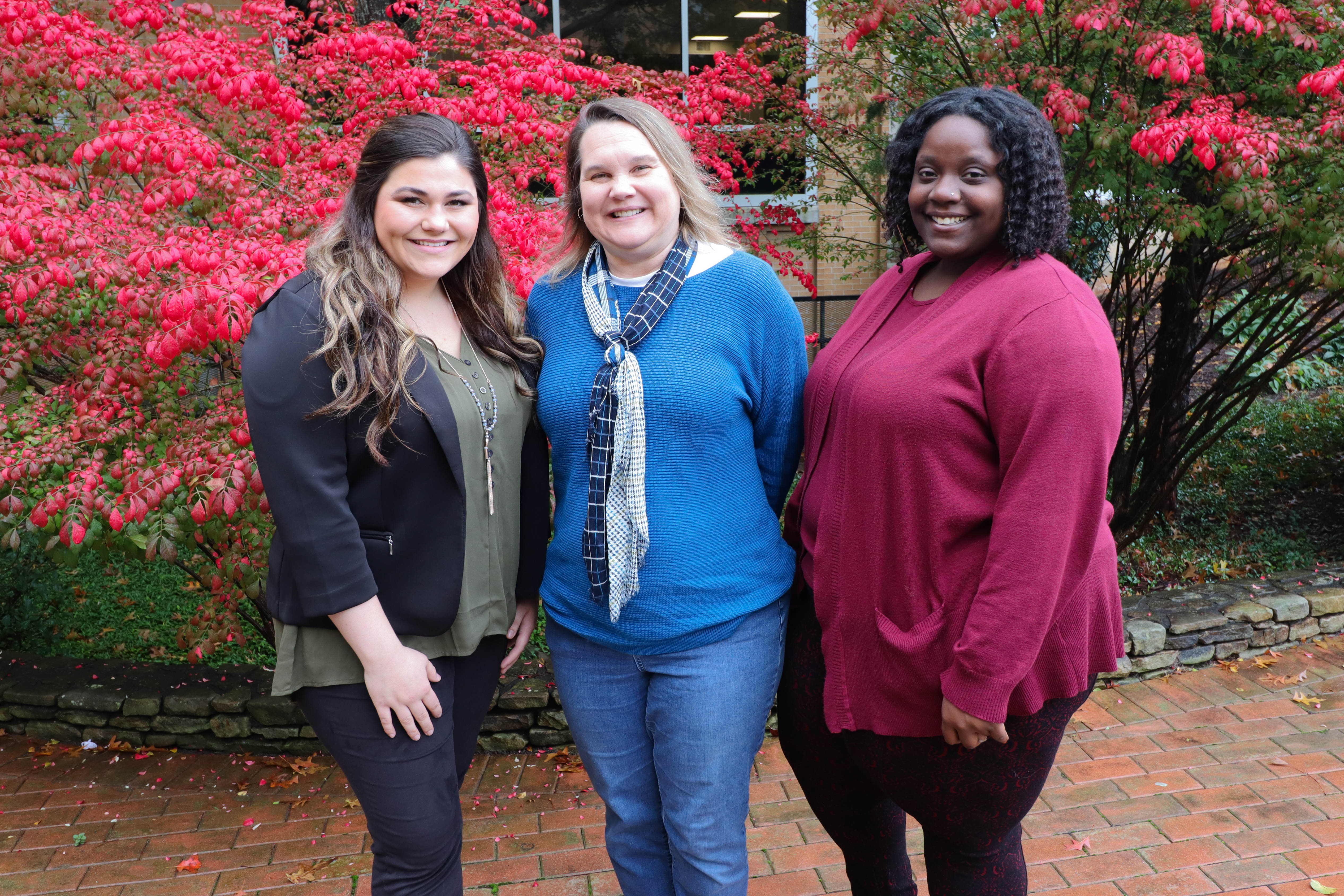A Kennesaw State professor plans to conduct a one-year long research study aimed at combating opioid addiction in pregnant women across rural North Georgia.
Assistant Professor of Sociology Evelina Sterling said that pregnant women, in particular, will be examined during the study because they are often overlooked and stigmatized.
“People don’t like talking about drug use and pregnancy, so often women are afraid to talk to their doctor because they are afraid of being reported and going to jail or being stigmatized,” Sterling said. “So they often do not seek prenatal care which then increases the risk for both mother and newborn.”
The risk of overdose continues to heighten with 918 opioid-related overdose deaths in Georgia alone in 2016, according to the National Institute on Drug Abuse. The opioid crisis was even declared a nationwide public health emergency last year by President Donald Trump and the U.S. Department of Health and Human Services.
With pregnant women, there also becomes the risk for neonatal abstinence syndrome, where the baby becomes addicted to the opioid in the womb and then experiences withdrawal symptoms and possibly other complications after birth, according to the University of Rochester Medical Center.
“We’re trying to figure out why these women are not getting the treatment, the resources and the support they need,” Sterling said.
She describes the research as “multifaceted” as there are many different influencing factors to be analyzed. According to the Centers for Disease Control and Prevention, this type of collaborative approach is urgently needed in order to fight this epidemic.
“We are going to be collecting data from the women themselves as well as the professionals that work in these areas including criminal justice, social services and the medical community,” Sterling said. “Then from that, we can figure out what the best intervention options are and then apply for a larger grant around that.”
A Substance Abuse and Mental Health Service Administration grant awarded to KSU from the U.S. Department of Health and Human Services focuses on rural North Georgia specifically as it is an area of increased risk. Sterling said that communities in these areas have less access to treatment programs and facilities.
“No corner of our country has gone untouched by the opioid crisis, but the impact of this issue on small towns and rural places has been particularly significant,” according to the U.S. Department of Agriculture website.
Sixty percent of the 55 Georgia counties with drug overdose rates higher than the national average in 2014 are located in rural areas with limited access to substance use disorder treatment and/or medication-assisted treatment, according to Georgia’s Substance Abuse Research Alliance.
The findings of the research study will also be used to help decrease the spread of HIV, which often is attributed to injection drug use, according to the National Institute on Drug Abuse.
Sterling has previously conducted research with a focus on mental health and women’s health, and she sees the new study as an opportunity to expand on her research.
“We are trying to take a more holistic family approach,” Sterling said. “Mothers don’t want their children taken away from them and it’s bad for the children to be taken away from their mothers as well.”



